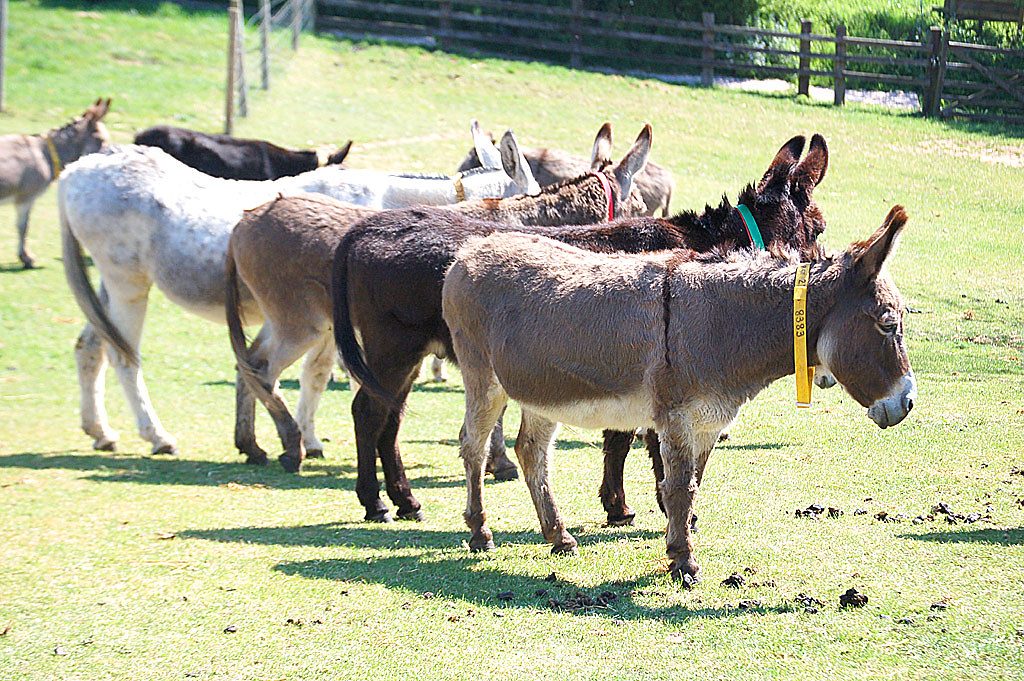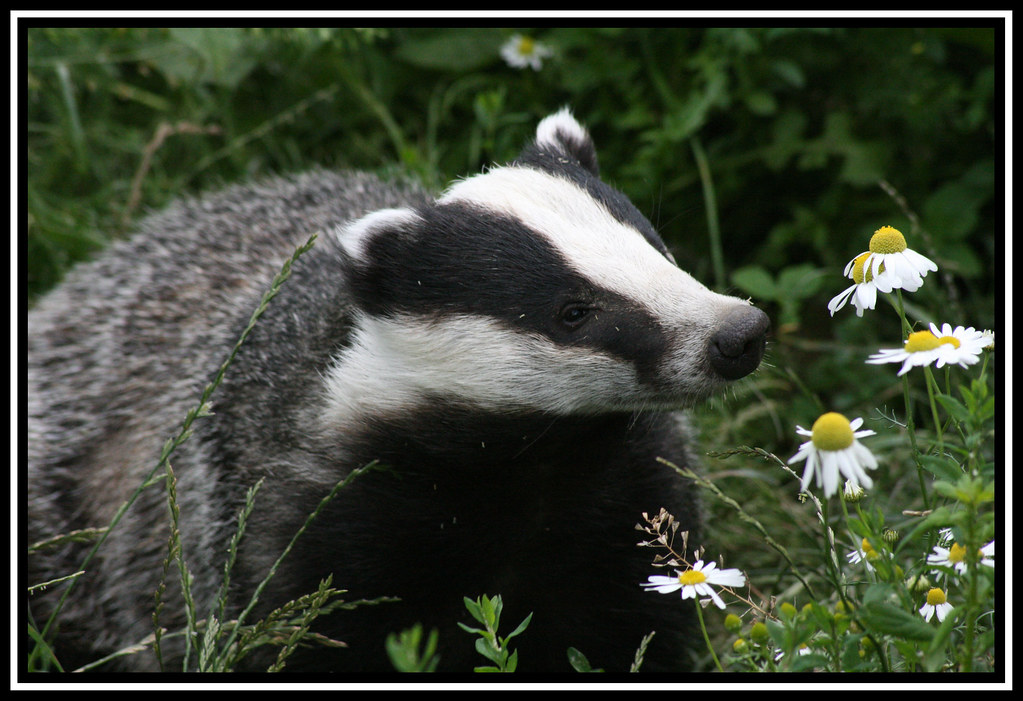ITV News reports climate change and overfishing are threatening England’s native seabirds – the kittiwakes. Their numbers have halved since the 1960s. The Royal Society for the Protection of Birds (RSPB) is warning about the devastating impact of humans on England’s native Kittiwake.
Its message coincides with World Oceans Day. Dr Euan Dunn, from the RSPB said: “The sea is warming dramatically around us and that is unravelling the food web, particularly hitting sand eels, the staple diet of kittiwakes, very dependent on this small shoaling fish.”



